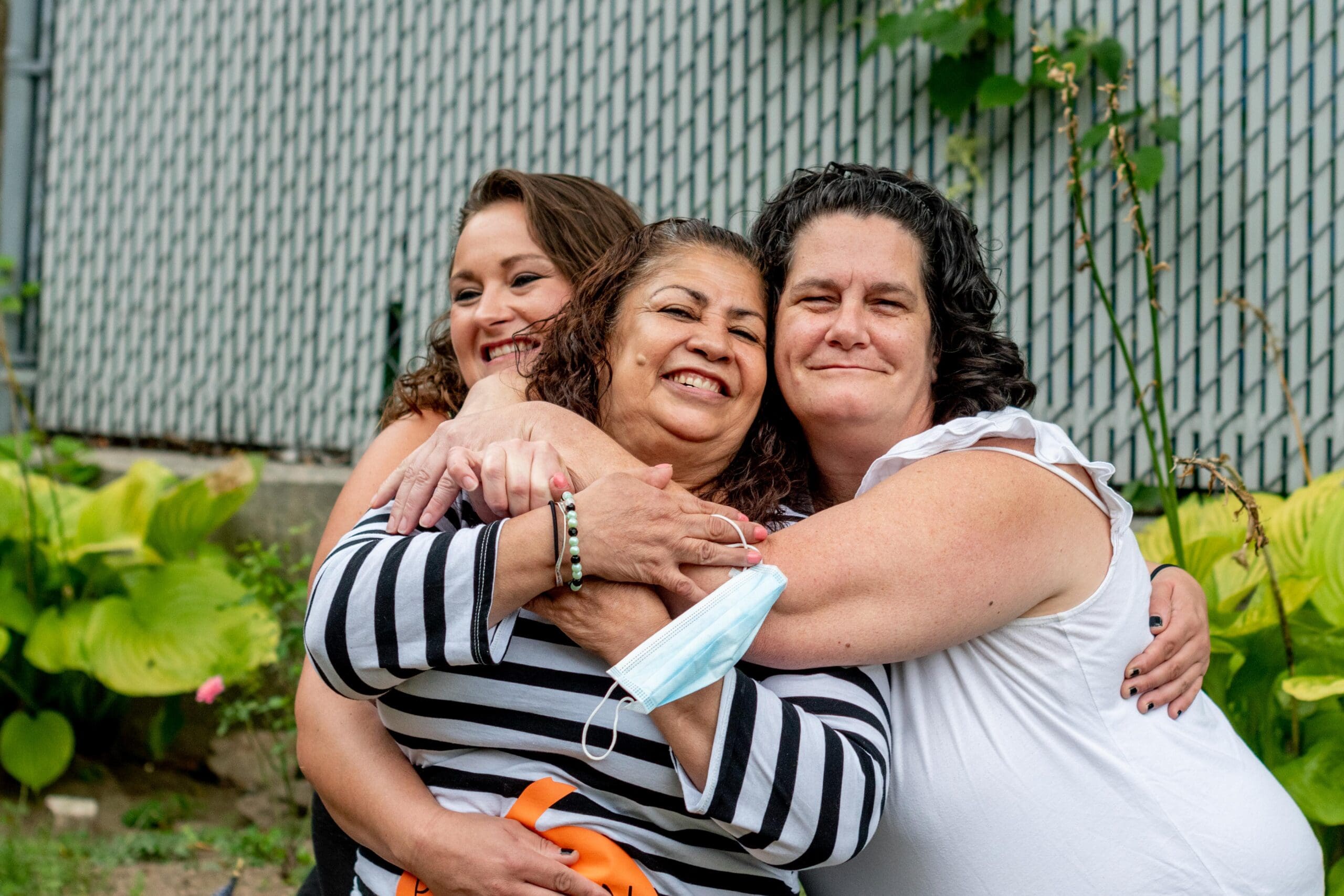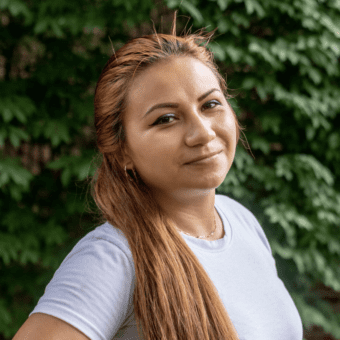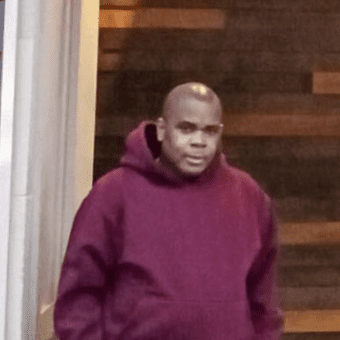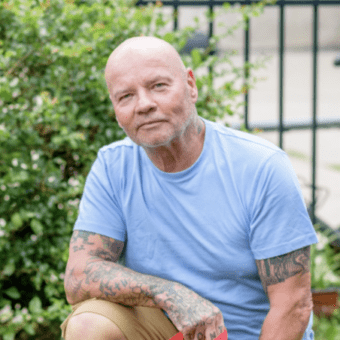
Casa Esperanza, Inc. was created in 1984 as a grassroots response to the substance use crisis in the Latine community.
We are a bilingual and bicultural behavioral health center that specializes in serving the Latine community in Massachusetts.
Innovation
For more than 30 years Casa Esperanza has been responding to the urgent and largely unmet needs of the Latine community, while continuously evolving new strategies to improve treatment and build sustainable recovery.
- Fully integrated treatment of co-occurring substance use and mental health disorders and other chronic medical conditions, including co-located primary care services
- Integration of a range of trauma-informed interventions, including Seeking Safety, Nurturing Program, and Child-Parent Psychotherapy
- The only Spanish-language Structured Outpatient Addictions Program in Greater Boston
- Open-Access intake and assessment
- A relapse-responsive continuum of care ensuring assertive engagement and re-engagement throughout recovery
- Improved access to and coordination of care through EHR, Work Practice Management, and the first Spanish-language Smartphone Recovery App
- A relapse-responsive continuum of care ensuring assertive engagement and re-engagement throughout recovery

Data and Outcomes
Who We Serve and Why it Matters to the Community
- Today, Latines are the fastest growing ethnic group in Massachusetts and experience very high rates of addiction, mental illness, poverty, and homelessness.
- Despite the quickly growing need for services, Latines seeking addiction and mental health treatment continue to confront a system that does not meet our language or cultural needs.
- A recent study showed that only 29.2% of Latines who need mental health care receive treatment, as compared to 51.5% of Whites.
- National data shows that there is only 1 Latine mental health professional in practice for every 3,448 Latines needing care, compared to 1 provider for every 578 White clients.
- A 2021 study showed that Latines in Massachusetts consistently reported the highest rates of healthcare access barriers with 18% reporting they did not have a usual source of care, 24% reporting a doctor’s office or clinic did not accept their insurance, and 17% reporting a doctor’s office or clinic would not accept new patients.
- Studies show Latines are as much as 11x more likely to remain connected to culturally tailored services versus standard care.
- We need to help programs like Casa Esperanza expand to meet the overwhelming demand for behavioral health providers who speak our language and understand our culture.

Patient Outcomes
In FY23, more than 1,600 patients at Casa continued to make strides in their recovery journey, while staff ensured they had the support, tools, and access to care they needed to be successful.
Crisis Stabilization Services
Individual and Family Therapy
Group
Therapy
Residential Bed Days
Case
Consultations
Hear from our Community
“ I want to thank Casa Esperanza and life for bringing me to this program to change my life and leave hardship behind. ”

“ Before I came to Casa’s Men’s Program, I was at a low point in my life. Since I’ve been here, I’ve had growth in my mind and my heart. Now I’m confident in my recovery. ”

“ I know that if I’m struggling, I can go down that stairway and knock on the door and there is somebody down there that I can talk to. ”

Become a monthly donor today!
Empower recovery, strengthen communities, and transform lives. Your ongoing commitment makes a lasting impact.

